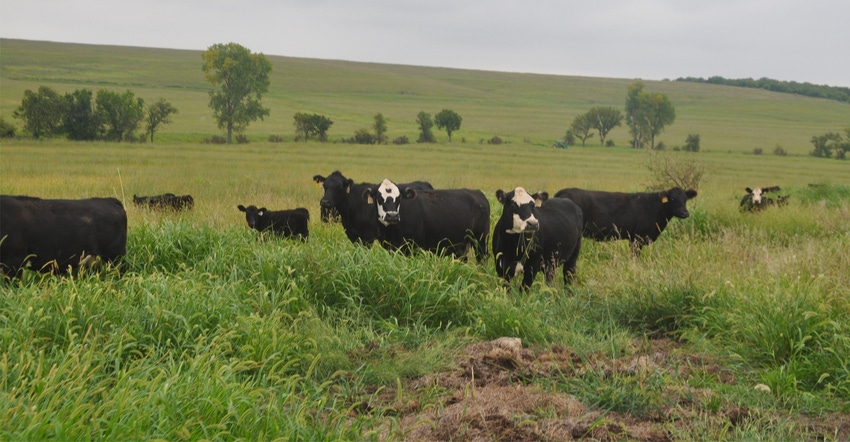July 6, 2017

Ranchers, veterinarians, feedyard owners, livestock market owners and other livestock industry professionals gathered at the K-State Alumni Center on June 22 for a forum to discuss challenges and solutions in animal disease traceability. The Kansas Department of Agriculture hosted the forum, which featured officials from the U.S. Department of Agriculture's Animal and Plant Health Inspection Service.
The forum was similar to other public events held by USDA APHIS around the country this spring and summer, providing opportunities for industry stakeholders to engage in the discussion about the successes and challenges of the current ADT framework, specifically for traceability in cattle and bison. Breakout groups addressed specific questions related to official IDs, documentation, feeder cattle and overall questions about the ADT system.
Animal disease traceability is critical to ensure a rapid response when animal disease events take place. KDA leads annual emergency preparedness exercises to practice the state's response plan to a foreign animal disease event, and these exercises have highlighted the importance of traceability if such an emergency were to take place. Traceability can also play a role in adding value to the Kansas beef industry by expanding domestic and international market access.
"Agriculture makes up 43% of the Kansas economy, and beef is a huge part of that, so we know traceability is important to our state," said Justin Smith, Kansas animal health commissioner. "We consistently focus time and resources on how we can best protect and enhance the Kansas livestock industry, so it was essential to us to be highly engaged in the USDA discussion about animal traceability."
The federal Traceability for Livestock Moved Interstate rule went into effect in March 2013 and established minimum national official identification and documentation requirements for the traceability of livestock moving interstate. This series of public meetings has presented an opportunity to gather input on the ADT system.
"These forums across the country have been invaluable to us as we look to the future of animal disease traceability in the U.S.," said Sunny Geiser-Novotny with USDA APHIS. "We have heard unique issues brought up at each meeting, but we have heard consistent messages as well, and we appreciate the contributions of everyone who has participated in this process."
Two more regional meetings will be held, followed by the NIAA/USAHA Traceability Forum in September to complete this public meeting series.
Source: Kansas Department of Agriculture
You May Also Like




